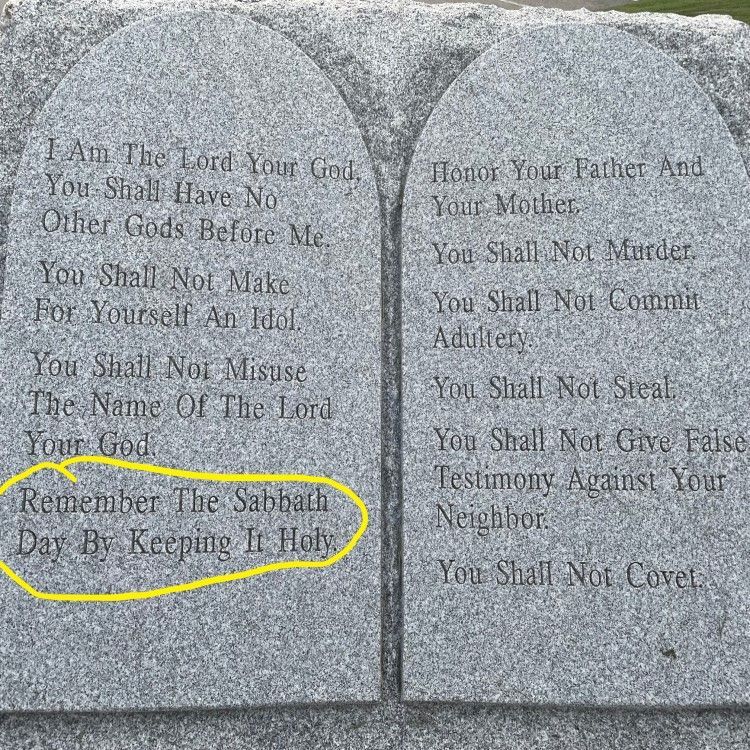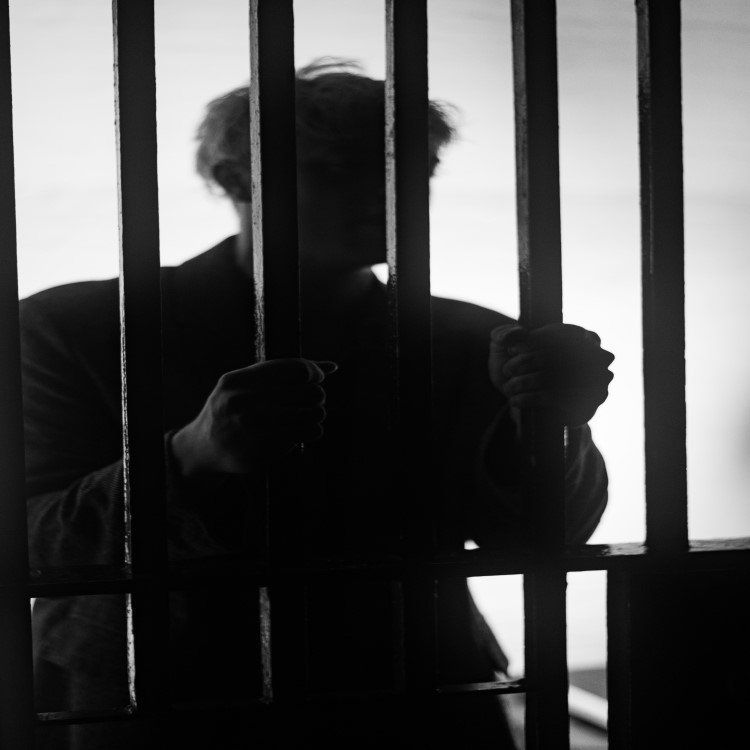The Trouble with Jesus
by Constance Hastings
The Trouble with Jesus is when Jesus challenges the old guard,
it’s for a purpose greater than you may think.

Jesus, maybe you’ve got it right here. People think your kind don’t want us regular folks to have any fun but stick to arbitrary severe codes just to make us miserable most of the time. No wonder people walk away from anything that has to do with you and religious types. But you set them straight, not once but twice! Son of Man, thanks for giving us a break for a change.
First Read Through
Yes, Jesus met this issue more than once. Note from the start how it brought him this trouble we speak about. He and his disciples were walking through some fields on the Sabbath. That was the first problem, that is, they were walking. Pharisees, a group that lived and adhered to the very letter of the Law, the Ten Commandments and another 613 codified interpretations of it, had a problem with walking on this day set apart by the 4th Commandment. Look at it closely to see how it became an issue with them.
8 “Remember to observe the Sabbath day by keeping it holy. 9 You have six days each week for your ordinary work, 10 but the seventh day is a Sabbath day of rest dedicated to the Lord your God. On that day no one in your household may do any work. This includes you, your sons and daughters, your male and female servants, your livestock, and any foreigners living among you. 11 For in six days the Lord made the heavens, the earth, the sea, and everything in them; but on the seventh day he rested. That is why the Lord blessed the Sabbath day and set it apart as holy. (Exodus 20:8-11)
Here's where the PCP’s (Police Corp of Pharisees) had a problem. “On that day no one in your household may do any work.” Apparently, they defined “work” as anything that required an exertion of effort. Walking requires a modicum of effort. Therefore, in their thinking, if you walked very much (and they actually counted steps long before your smart watch), you were violating one of the Top Ten. (Never mind how they must have been following along to witness this and taking the same number of steps…)
But even worse, Jesus’ disciples, as they were taking these forbidden steps, also broke off some grain from the wheat in the field to munch on. Oh dear, this was tantamount to the work of harvesting. Not at all acceptable to the local PCP. They had a minor fit about it.
Next, Jesus is in the local synagogue. He sees a man who has some kind of deformed hand. Now, if you can believe it, the PCP were out in force again. Still the Sabbath, (though honestly it’s not clear if this is the same Sabbath, no matter), they zeroed in on what Jesus would do about. If he healed the guy, they were prepared to bring down judgement on this Miracle Messiah. (Uh huh, like doing a miracle any day of the week is not a big deal?) Jesus is getting really peeved about their attitudes. He goes ahead and tells the man to stretch out his hand which is summarily healed.
That did it, and here is the trouble Jesus invited upon himself. The Pharisees left and began talks with supporters of King Herod over plans to kill Jesus.
Another Take
So let’s get this straight. There’s a problem with hungry men feeding themselves compounded with helping a guy who’s sick. So you get the death penalty for that? Whew. Glad we’re not in that century.
Jesus didn’t take kindly to their attitudes either. Even so, take their perspective to see why this was such a blatant disregard for their kind of law and order.
Sometime since the Jews had last heard from a prophet of God, 400 years or so, the belief arose that only if the whole Jewish nation did not break single law for 24 hours, then the Messiah would come. And did they ever need a Messiah, that is, a warrior leader to deliver them from Roman oppression. These Pharisees then became the gatekeepers to insure people would toe the line so Jews could be restored to their own power. In itself, if this were so, you can understand their obsessiveness as in only taking so many steps on their observation of the Sabbath.
The trouble was their efforts not only dissolved into legalism that was near impossible to obey, but it became their identity. So when this self-called Rabbi comes along and challenges their interpretations of the Law, they had a real problem with it. In short, if Jesus’ rather permissive perspective took hold, it would mean their whole life’s work, let along personal self-denial, was all for nothing. Jesus was a threat to who they were.
What’s more, if the general public accepted and started following, that is believing and living as he taught, their own influence and power would be diminished. This guy had to go and they aimed to make it permanent.
And the Problem Is?
Granted, the Law was the distinctiveness of what it meant to be Jewish. They found their identity in it, how it defined their relationships with God and each other. Jesus fully supported it when he said: “Don’t misunderstand why I have come. I did not come to abolish the law of Moses or the writings of the prophets. No, I came to accomplish their purpose. I tell you the truth, until heaven and earth disappear, not even the smallest detail of God’s law will disappear until its purpose is achieved. (Matthew 5:17-18)
For the most part, Jesus and the Pharisees were on the same page theologically. Yet, it was in the “purpose” of the Law that they disagreed. These two episodes give a window into their approaches to the Law.
Walking too far or picking grain on the Sabbath was an example of the problem. Jesus challenged the PCP in relating an example how their King David as a warrior running for his life, also was so hungry he took bread reserved only for consecrated priests and shared it with his battle-weary comrades. Technically, that was illegal, a desecration of a holy place and purpose. Yet, David was so revered no one would find fault for him doing what needed to be done to feed and strengthen himself and his men for survival.
Similarly, knowing he was being watched, Jesus asked a pretty rhetorical question before healing the man with the deformed hand. “Is it legal to do good on the Sabbath, or is it a day for doing harm? Is this a day to save a life or to destroy it?”
To be fair, the ancient writings had no problem with aiding persons when life was in danger. The issue was this man had this infirmity for apparently quite a while. His life wasn’t at risk. The thinking was Jesus shouldn’t heal on the Sabbath if it could wait another day. The PCP weren’t arguing Jesus’ miraculous power. But they placed what they perceived as his disregard for the Law above their disregard for what Jesus could do for this man in the moment.
Jesus wouldn’t have any of it. As he had told them earlier, “The Sabbath was meant to benefit people and not people to benefit the Sabbath.” God instituted this holy day as a day of rest from hard toil and as a gift to the descendants of those who had spent 400 years in Egypt as slaves. This day is meant for refreshment and focus on God who sees people in the lives they live and allows time to worship their Creator for the blessings that come from it. Rest is central to mental, physical, and spiritual health. The 4th commandment provides and heals, just as eating grain and healing bodies does the same.
Yeah, But…
Wonderful, however…the problem with Laws are people who don’t like them are known to find loopholes, a work-around to do what they want to do anyway. The Pharisees didn’t have a heart for people as much as for their own selfish purposes and power. It’s more than understandable why they butted heads with Jesus. Yet, does this approach set a precedent for finding ways to excuse ourselves from behaviors we just don’t like or want to do? This feels like the start of a sink hole from here.
That’s not too far off from what people do. For instance, some people claim it’s ok to do certain things because Jesus never said himself it was wrong to do so. But Jesus didn’t speak out against many harmful practices that are shocking to even today’s moral compass.
Whether it’s keeping the Sabbath holy, not taking another’s life, fidelity in marriage, not stealing, or even in how we speak of God and others, there is the “purpose” of which Jesus spoke. The overall construct of the Law is to bring an understanding of the Love of God to individual lives and their relationships.
Yet again, “not even the smallest detail of God’s law will disappear” according to Jesus. Those details may sound like how many steps you can take on a certain day of the week. That is, unless you hear it as Jesus said it.
Counting steps is a small example of ritualistic law. Jesus was most disgusted when this kind of thing was used to manipulate and control persons for the benefit of these holier-than-thou types. It denies how God wants true healing and wholeness to be made available for all of creation.
Yet, Jesus affirmed the moral law that promoted the source of this wholeness for the world. During his last words to his disciples, he gave them a new commandment, “Love each other. Just as I have loved you, you should love each other.” (John 13:34)
As I Have Loved You
Not as the world loves, not even as you think you need to be loved. Just as I have loved you. Jesus upheld all parts of the Law that define relationship, relationship with God as well as with family and friends. It sets a higher purpose and a high moral bar in doing so.
“And I, the Son of Man, am master even of the Sabbath!”
Coming Soon! The Trouble with Jesus: Considerations Before You Walk Away
by Constance Hastings
Preorders Available Wherever You Love To Buy Books!
Subscribe to The Trouble with Jesus Blog Here.















